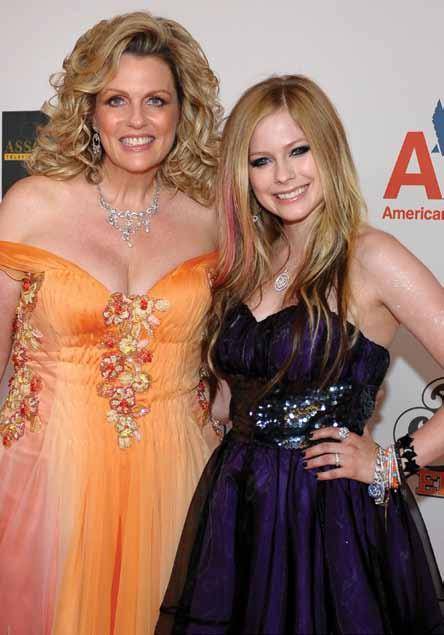“I was a terrified person who was told that I wasn’t going to live my life anymore. I was really frustrated.” Nancy Davis was 33 years old when she was diagnosed with Multiple Sclerosis (MS), a disease more commonly found in women than men that affects the ability of nerve cells in the brain and spinal cord to communicate with each other effectively. Davis’ diagnosis in 1991 meant that life as she knew it was over; “I was told that I could never walk again, and that I had no hope.” With a won’t-take-no-for-an-answer attitude, Davis chose to take matters into her own hands.
“Initially, I didn’t realize how important [the celebrity] component was, but I think it helps bring awareness to the disease. It also helps the people who have it and with our research. And plus, it brings a nice high profile to everything.”
She began by formulating the best team of physicians and scientists with the guidance of doctors she already knew to be highly respected in their fields. Together with these specialists, Davis began a race to “erase” MS that would eventually make pivotal waves in the medical field. The Nancy Davis Center Without Walls program facilitates an open line of communication between these doctors, ensuring that no research is duplicated and that all those involved are collectively working towards one goal. “Every year we have evolved, we’re very grass roots and we have a wonderful scientific advisory board. I feel very passionate about what we have done and that it has made an incredible difference,” Davis said. That difference has given others affected by the disease the hope that Davis was cheated.
“What’s happening now is that there are seven drugs on the market that didn’t exist before,” Davis said of her admirable pursuit, “And to me that’s pretty amazing.” And Davis’ pilgrimage to find a cure is as steadfast now as it was 21 years ago. Today, there are three more drugs pending approval within the next six to twelve months.
With the help of celebrity activists such as Tommy Hilfiger, Anne Heche, Paris Hilton and Avirl Lavigne, awareness has already reached a widespread audience. “Initially, I didn’t realize how important [the celebrity] component was, but I think it helps bring awareness to the disease. It also helps the people who have it and with our research. And plus, it brings a nice high profile to everything.”
Since its inception, the Nancy Davis Foundation has put donations and funding towards nothing other than the advancement of MS research and aggressively educating the masses, a tactic that has ensured both the success and the reach of Davis’ mission.






















